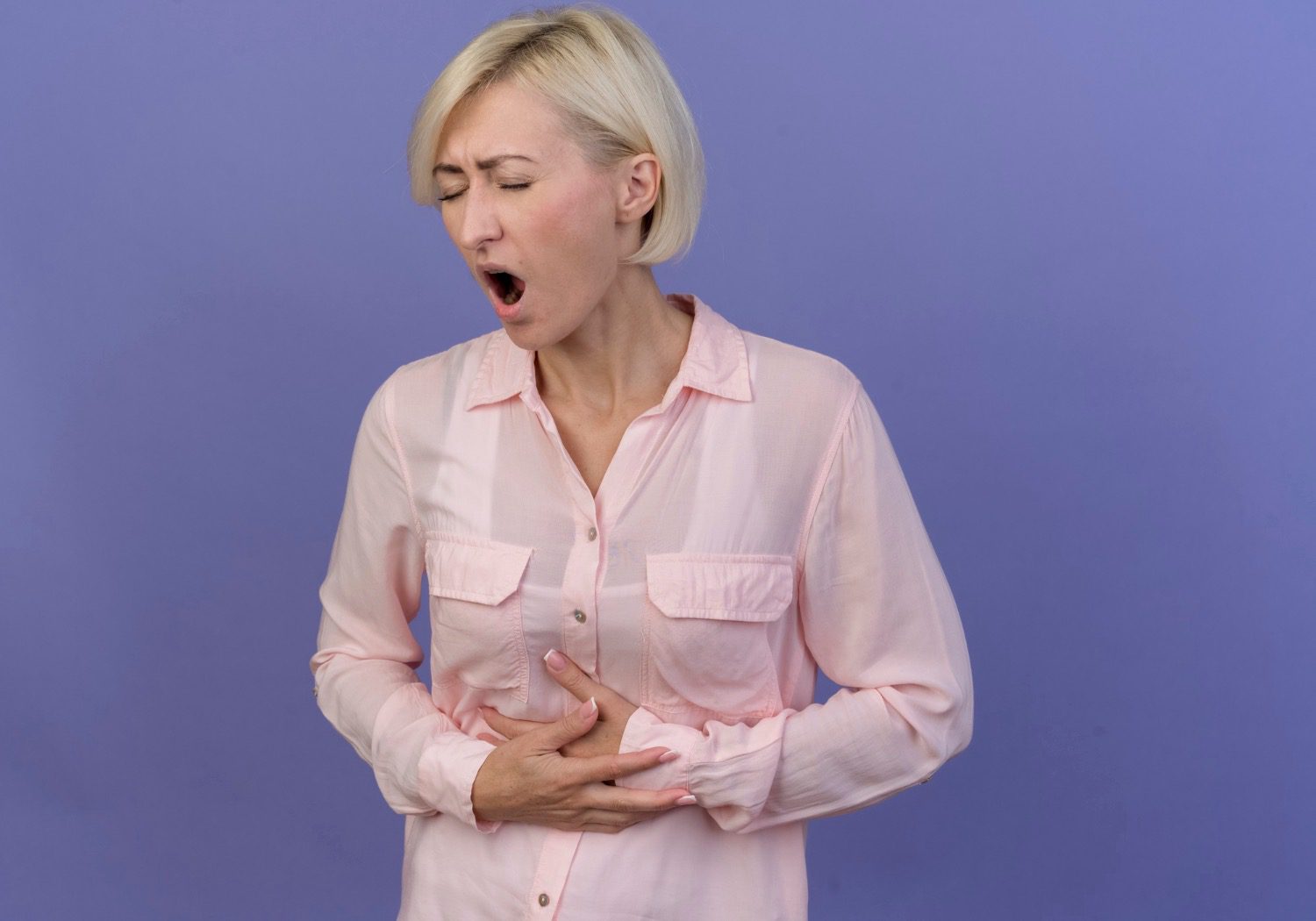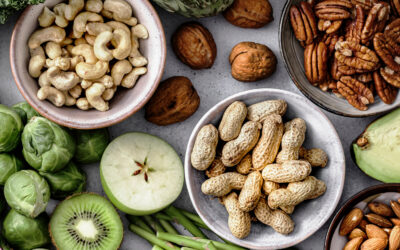Bloating after meals is a common complaint among many individuals, often causing discomfort and a feeling of being overly full. This article explores the dietary and digestive causes of bloating, providing insights into why this happens and offering practical advice on how to alleviate the issue.
Understanding the Physiology of Bloating
Bloating is primarily caused by the build-up of gas in the digestive tract, which can occur due to several reasons:
- Fermentation of Foods: Certain foods can cause excess gas production when they are broken down by bacteria in the small intestine or large intestine (colon). The fermentation process produces gases like hydrogen, carbon dioxide, and sometimes methane.
- Swallowed Air: A little known fact is that eating too quickly, talking while eating, or drinking carbonated beverages can lead to swallowing more air, which increases gas in the stomach.
Furthermore, some individuals may look bloated, while others just feel bloated, which means that there are different reasons and mechanisms at play here.
Common Culprits and Dietary Habits
Identifying foods and habits that contribute to bloating can help in managing and preventing it:
The following Dietary Habits can exacerbate bloating:
- Eating large meals or over eating (and not letting your brain register that you are full);
- consuming high-fat foods (which can delay gastric emptying or food leaving your stomach); or
- eating too quickly (resulting in excess air entering your stomach or over eating).
These habits and eating patterns may delay stomach emptying and increase the amount of air swallowed.
Digestive enzyme dysfunction or a microbiome imbalance (dysbiosis) may also contribute to a feeling of bloating, issues I regularly help my clients with. Contrary to popular belief, it is rarely a particular food group (unless you eat a lot of ultra processed foods, for example or have undiagnosed celiac disease)
Strategies to Reduce Bloating
Reducing bloating involves making dietary changes and adopting healthier eating habits, although the below may only partially help reduce bloating, if there is another reason for it, like a small intestinal overgrowth (e.g. SIBO) and another undiagnosed condition:
- Mindful Eating Practices: Eat slowly, chew your food thoroughly, and avoid talking while eating to reduce the amount of air swallowed.
- Probiotics: Targeted probiotics can help balance the gut microbiome
- Digestive Enzymes: These supplements can help improve digestion and reduce symptoms of bloating.
When Bloating Signals a Serious Condition
While bloating is usually not a sign of something serious, it can sometimes be an indicator of an underlying health issue:
- Irritable Bowel Syndrome (IBS): Bloating is a common symptom of IBS, which may also include cramping, abdominal pain, diarrhoea, and constipation.
- Celiac Disease: In individuals with celiac disease, consuming gluten leads to an immune response that damages the small intestine, causing bloating and other digestive symptoms.
- Other Digestive Disorders: Conditions like Crohn’s disease or ovarian cancer can also manifest as bloating.
Understanding the causes of bloating and implementing appropriate dietary changes and eating habits can greatly reduce discomfort. By paying attention to how your body reacts to different foods and managing your eating style, you can minimize bloating and improve your overall digestive health.
Experiencing uncomfortable bloating after meals? Book a consultation with me to receive personalized guidance on diet changes and lifestyle adjustments that can help you reduce bloating and enhance your digestive health.
#BeatTheBloat #DigestiveHealth #FODMAP #Probiotics #HealthyEating




